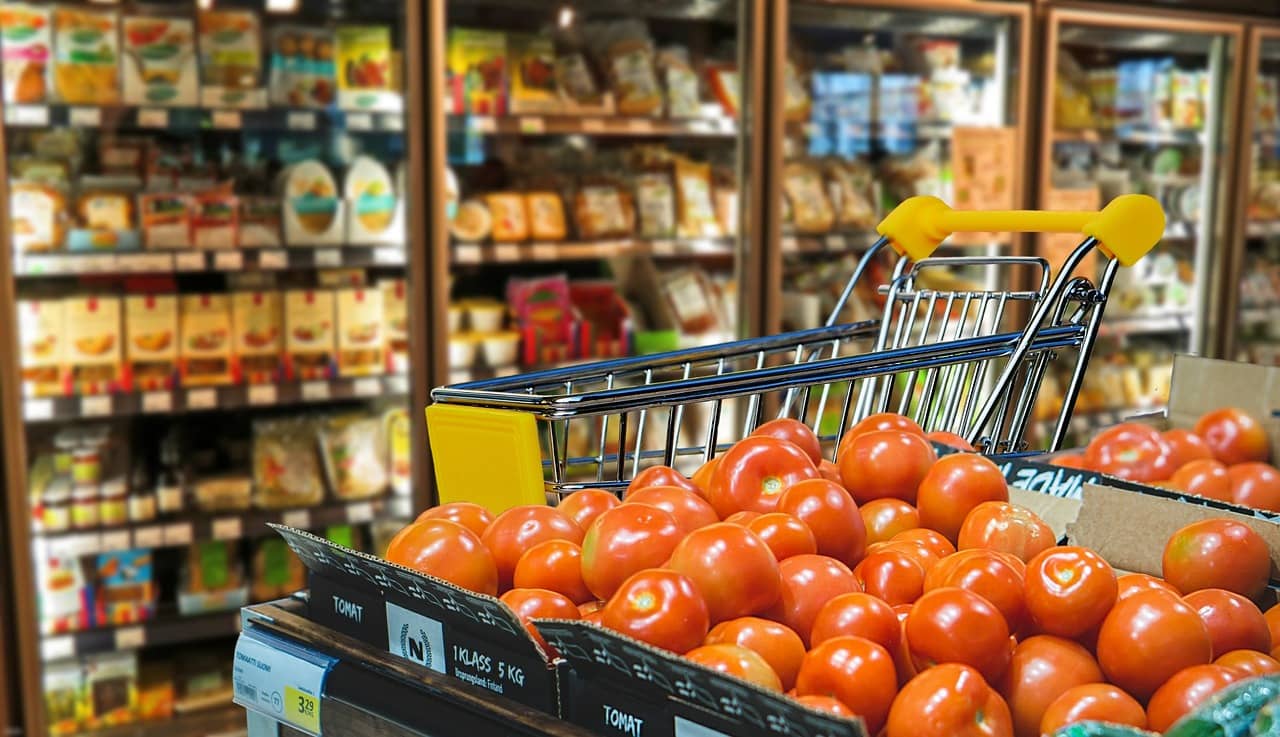Estimated reading time (in minutes)

Today, we can see more and more products on which are inscribed the mentions “organic”, “terroir”, or even “natural”. What are these labels? Can we trust them or is it just marketing?
The “organic” label
Organic production is a mode of production that respects nature and animals. It preserves the ecosystem, promotes biodiversity and respects biological cycles. It requires more rigor, manpower, know-how and time.
“Organic” fruits and vegetables are guaranteed without GMOs (genetically modified organisms), without pesticides or chemical fertilizers. Livestock products (eggs, meat, milk) are guaranteed free of growth hormones, animal meal and GMOs. For processed products, organic production guarantees that this type of product contains at least 95% organic products and that these products do not contain any chemicals, preservatives or food additives.
Labels “terroir”, “natural”…
So-called “terroir” or “natural” products are not certified products, and there is no label for these designations. The “terroir” label signifies that the product comes from a delimited geographical area and that it is made in a traditional way. As for the term “natural”, it designates a product which has undergone a light treatment and is only very slightly transformed. This is the case, for example, with natural tuna to which salt or water has been added, unlike tuna in oil which is a processed product.
“Terroir” or “natural” products are subject to less strict rules than organic products and they are not necessarily grown without GMOs or without additives. These designations are in fact marketing designations which are intended to reassure consumers.
What to watch on the product?
To find out if a product is organic, you must first check that the logo of the European certification label for products from organic farming appears on its packaging or label. This logo must also mention the code of the certification body.
There are also other logos that guarantee an organic product: the “AB” logo (Agriculture Biologique), which is that of the French Ministry of Agriculture. There may also be the logo of one of the 6 French private labels which also guarantee an organic product: Nature & Progrès, Demeter, Bio Cohérence, etc.
As for the mentions “terroir”, “natural”, “old-fashioned” or “homemade”, they are left to the discretion of the producer. The rules are much less strict and there is no specific label or label. For these products, the consumer will not have the same guarantees as a product bearing the “organic” label.
Are there any misnomers?
Producers labeled “organic” agree to submit to strict and regular controls carried out by private bodies. In general, there are few frauds and it is rare that producers do not respect the rules specific to organic production.
Even if they are less numerous, there are also checks for “terroir” or “natural” products. For example, for a local product, we will check in particular the geographical origin or that the production methods put forward are very real. Again, fraud is rare and the consumer can generally rely on these labels.
DAMY law firm , Nice, Organic, Terroir or Natural: how to find your way around?, Update 2022
